
Recommendation
As an author and an intellectual, the late Peter F. Drucker was a true business sage. Recognized as the father of modern management, Drucker forecast numerous pivotal trends, including decentralization, privatization and the development of the information society. He introduced the concept of the “knowledge worker,” a term he employs widely in this fascinating book. Each Drucker book is a genuine business classic, including this one. He delves into detail about what managers should accomplish and how they should conceptualize their role. getAbstract believes it will help you think productively about what you do. No one writes more intelligently or presciently on management and its functions than Drucker. All executives, even those who are already effective, will benefit from reading this informative, enlightening book.
Summary
About the Author
Peter F. Drucker was a management consultant and writer. His 39 books and numerous articles discuss how humans organize themselves in business, government and the nonprofit arena. Drucker died in 2005.








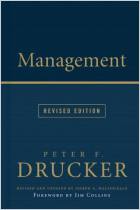
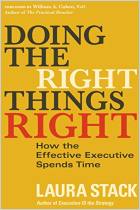
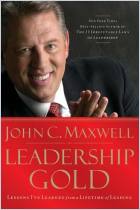
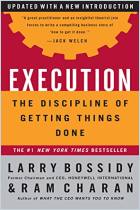
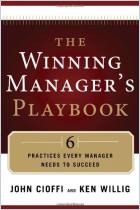
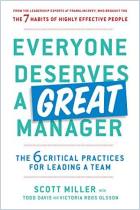
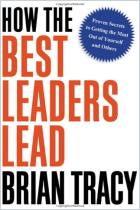











Comment on this summary or Start Discussion